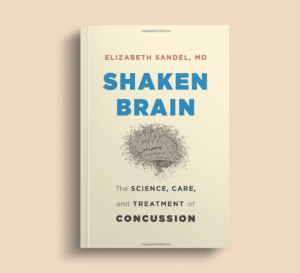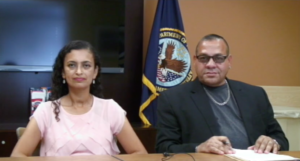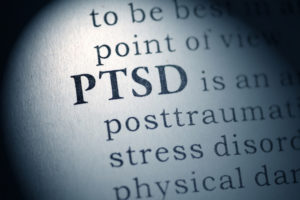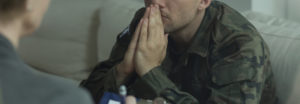A Veteran Talks About his Brain Injuries and Care at the VA
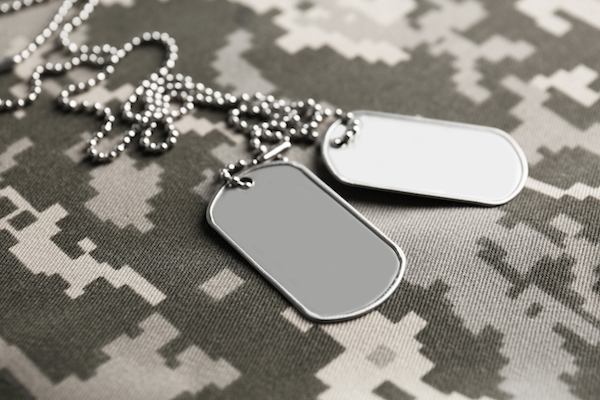
A lot of what I write on this blog is based on protocols, statistics, treatment methods, and research data around concussions and traumatic brain injuries (TBIs). What I don’t get to write about as much are the first-hand, personal stories of people who have been through it themselves.
This month I’m very grateful that Richard Reyes agreed to share his story with me in an interview. Mr. Reyes served in the Army for 38 years, including 8 in the Reserves, from 1977-2015. He is one of more than 444,000 service members who have been diagnosed with brain injury since 2000. Here’s his story, which I’ve summarized from our interview. (You can watch the entire interview below or here.)
Not just one, but 3 brain injuries
You might assume that because Mr. Reyes was in the Army, he sustained a brain injury in combat. However, that’s not his story. He sustained three brain injuries on three separate occasions, all on duty, but none of them combat-related.
The first head injury occurred in 1979. Richard was stationed in Germany and was unloading a truck when it moved forward, knocking him down. He hit his head on the floor of the truck and lost consciousness briefly. He didn’t report the injury but iced his head and kept moving forward without seeking treatment.
The second brain injury occurred in 2002. This injury was more severe, caused by a fall from a 2-story set of concrete stairs. Again, he lost consciousness. He was taken to the hospital for the brain trauma and because of injuries to his shoulder and back as well.
The third and final brain injury occurred when a metal latch slipped and hit him on the forehead. Mr. Reyes says he didn’t want to make a big deal of it, but he may have lost consciousness again – he doesn’t remember. He remembers he worked at a desk for the rest of the week.
Mr. Reyes mentions that brain injuries can occur in many aspects of military service and they don’t all come from the front lines, as his story proves. It may happen while training or while performing day-to-day duties. The less severe brain injuries, especially concussions, with or without loss of consciousness, may go undetected.
Red flags go up
Mr. Reyes’ list of symptoms is extensive: headaches, dizziness, vertigo, impulsivity, distractibility, anger, mood problems, problems speaking and being understood, and problems reading and writing.
He dealt with these on his own for a while, but it was when he started experiencing emotional turmoil that he realized something was wrong. He found himself becoming frustrated and angry in situations and fearful to go to some public places where there were too many crowds and too much noise, like the mall. It was this that prompted him to seek treatment at the VA.
Getting help
Treatment plans need to be highly individualized when it comes to addressing long-term repercussions of brain injury. In Mr. Reyes’ case, he found great results with his speech therapist. She helped him not only with speech, but with thought processing, putting thoughts into words, memory and concentration, communication, and social skills. She helped him learn how to express his needs. She gave him strategies to minimize distractions, reduce frustrations, calm down and focus, and improve his thinking.
Group therapy was also helpful for Mr. Reyes, who said it was nice knowing he wasn’t alone on the road to recovery.
A message for others
Mr. Reyes says that he waited too long to get treatment and that he was “in denial.” There’s no reason to put off seeking help. Getting treatment sooner rather than later is always preferable.
Watch the entire interview to hear more of Mr. Richard Reyes’ story, and to hear from VA physiatrist Dr. Lakhani, below or here.
You Might Also Like
Causes of Brain Injury in Military and Veterans
Interview with physiatrist Dr. Hetal Lakhani and 38-year Army veteran, Richard Reyes, who sustained three brain injuries during his military career.
Veterans Can Face Both a Brain Injury and PTSD
Post-traumatic stress disorder can co-occur with a brain injury in military and civilian populations. Screening tests for PTSD should be used for any patient with a brain injury or suspected concussion. Symptoms for these two conditions can overlap, but all symptoms require management regardless of cause.
Cognitive Deficits In Veterans After Brain Injury
Cognitive deficits experienced by military personnel and others can be successfully treated with cognitive therapies.
Keep up to date
Get updates on the latest in concussion, brain health, and science-related tools from Dr. Elizabeth Sandel, M.D.
By clicking SIGN UP, you agree to receive emails from Dr. Sandel and agree to our terms of use and privacy policy.
Get the book!
